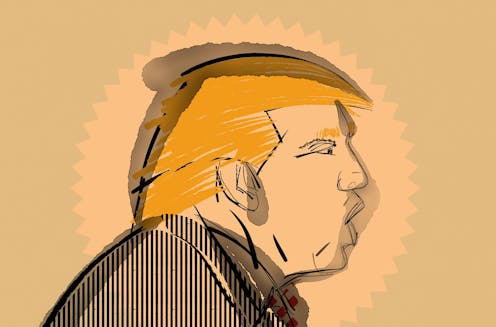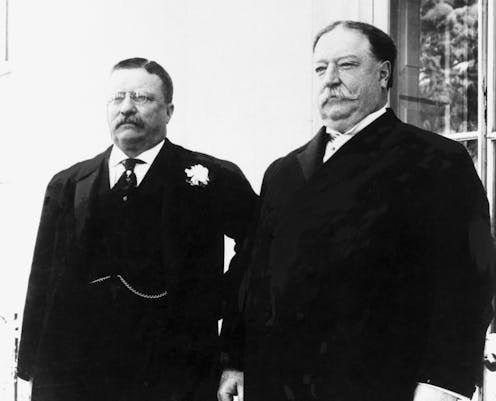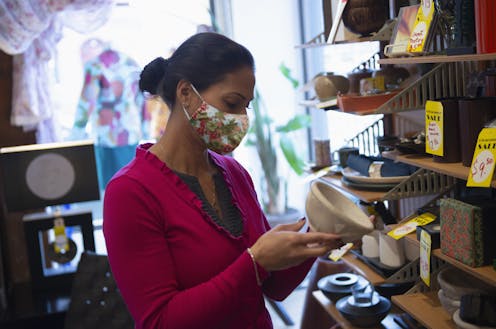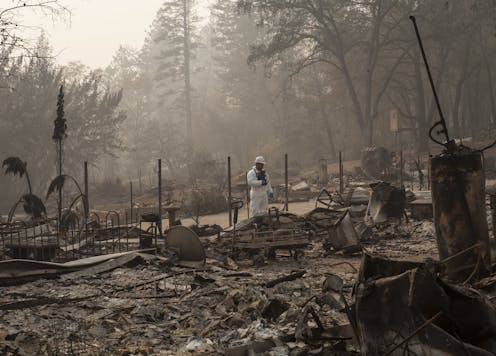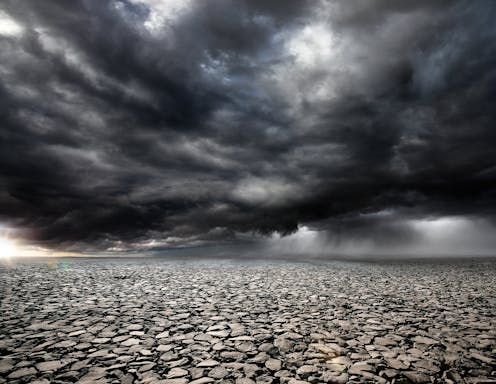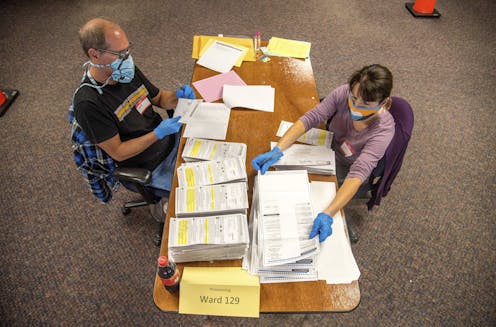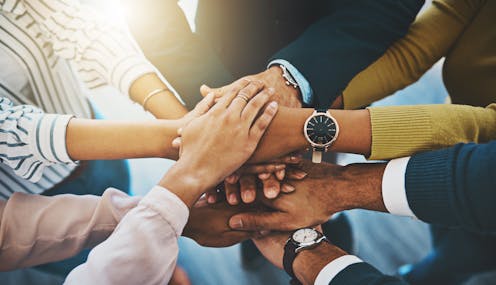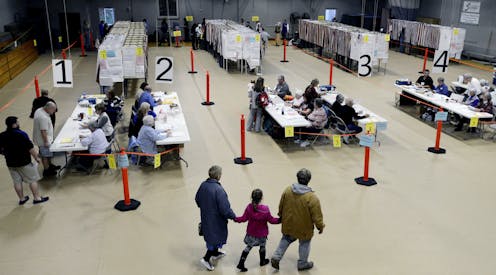Timing, signatures and huge demand make mail-in voting difficult
- Written by Luke Perry, Professor of Government, Utica College
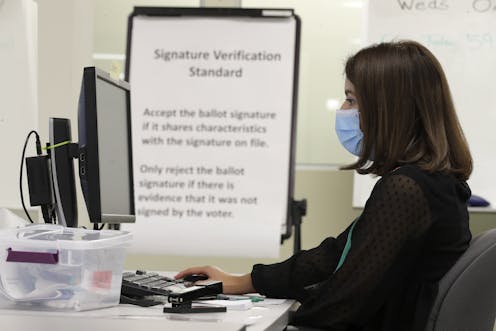 A King County, Washington election worker verifies signatures accompanying ballots cast in the state's August primary.AP Photo/Ted S. Warren
A King County, Washington election worker verifies signatures accompanying ballots cast in the state's August primary.AP Photo/Ted S. WarrenMore than 8 in 10 Americans – all voters in 43 states – will be able to vote by mail in the 2020 presidential election, the most ever. And more than 1 in 3 voters plan to actually do so.
Voting by...
Read more: Timing, signatures and huge demand make mail-in voting difficult


